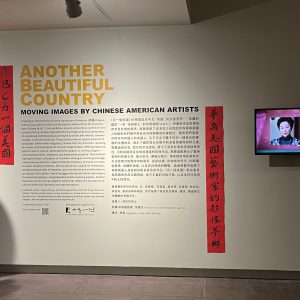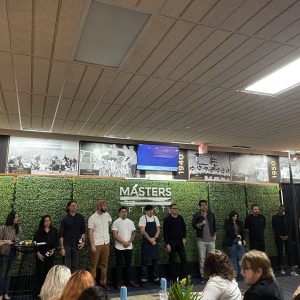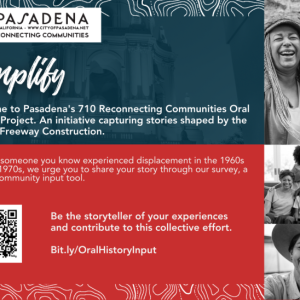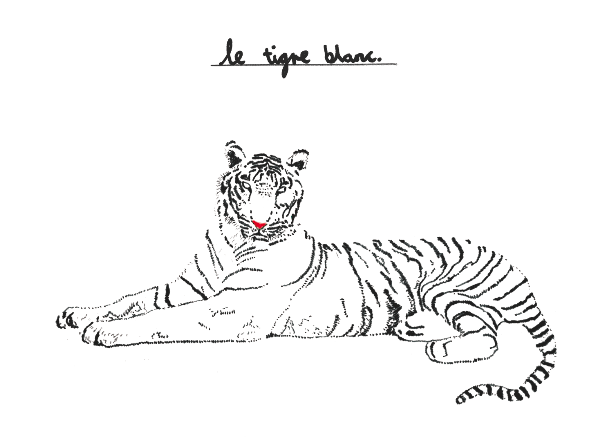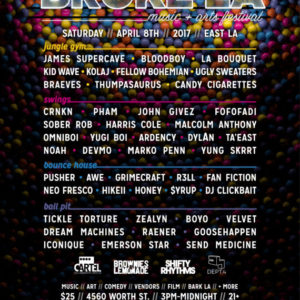 View Winners →
View Winners → 
Robert Raimon Roy is deconstructing modern music. Discovered by Erykah Badu and compared to Andre 3000, Roy’s sound is novel and eclectic, incorporating warped manifestations of hip-hop, jazz, R&B and rock sounds.
***
Vi: How did Erykah Badu discover you?
Robert: I believe it was in 2005, a while back. My first album/mixtape as a solo artist, titled Dollar Out of 15 Cents, I gave a copy to a friend who was a friend of Erykah Badu’s manager. She wanted to meet me and Paul, her manager, messaged me about possibly working with them for her label, Control Freak Records. I ended up going to Dallas, where she was on tour with Jill Scott and Floetry. I went to a pre-going away party at a theater she owned in Dallas. That’s basically where I got to meet her and talk to her. I geeked out and it pretty much was my first time getting that kind of recognition. Nothing really came of it, but from a motivational standpoint, that was definitely a catalyst which set me on the path that I’m still on.
Vi: For people who’re unfamiliar with you, how would you describe your sound?
Robert: When I first started, the first album I did was a little more straight forward. Kind of underground hip-hop-ish, in the sense that a lot of samples were used. It leaned a little left but it still wasn’t that crazy. The first project we did, we were getting beats from somebody, whereas the second album, me and Lucian Walker produced everything and that’s kind of where the sound got a little more adventurous and experimental, incorporating different influences. It’s not super out there in the sense that a casual listener couldn’t listen to it. It’s not quite Brainfeeder or Warp Records, but it’s really kind of a meta-work, in the sense that I’ve made an album that’s definitely not 12 rap songs in a row. Even though my roots are in hip-hop and r&b, I get bored very easily and I think about what would keep me entertained.
Vi: Who are your creative inspirations? You’re a painter, drawer, etc. so what are some of your other influences?
Robert: I like this artist, Jill Magid. She performs these productions that are kind of difficult to classify. She seduces these impersonal systems of power. For instance, the New York City Transit police project, one of her works that dealt with surveillance cameras. It’s very conceptual. A lot of what she does, she ends up turning into writing. She self-publishes. I also follow a lot of youth culture, even though I’m not that much older, but there’s enough of a gap there. These “Digital Natives”, people who didn’t know the world before the Internet. [Laughs] I’m speaking about them like aliens. The way they share information and their lingo, the way they digest their content online, that’s how you stay current. How you maintain a sense of relevancy. The saddest thing to me is watching some of the people I grew up with looking like dinosaurs. Either you evolve because culture changes, or it progresses without you. Evolve or get out of the way.
Vi: You’re French and Filipino, how does that influence your music/artistry?
Robert: I used to think I was a lot more unique when I lived in Jacksonville, but then I moved out here [to LA] and saw how diverse it was, there’s a lot of ethnic fusion .. a lot of biracial, multiracial people. I’m not quite as unique as I was back home. I had access to realms that exposed me to different socioeconomic backgrounds. I went to a gifted school that was in the hood, there’s that contrast there. Being somebody brown but growing up with a white, French dad, and hearing the things he says. Hearing different view points, and him not necessarily being able to relate… It was just really strange. All those things, figuring out where I fit in. The area I lived in, it’s primarily white and black, it was kind of like redneck versus ghetto. What does that do to someone who doesn’t really fit into any of that?
Vi: Tell us a little bit about your new single, named after yourself…
[Laughs] The song itself is kind of a deconstructed take on 90’s hip-hop. I like to do things that are not very in right now, for example, trap is really in at the moment, and I thought it would be more interesting to put something out that was a little nostalgic but still fresh. It’s one thing to dig something up from the past, but if you don’t put your spin on it and make it contemporary then it just comes up as nostalgia. It kind of comes off as purist. There’s a way to reference things. I feel like styles get revived and people treat it like a holy grail of a thing, and it doesn’t progress. All these movements have become very insulated movements that are protected by the people who’ve created them. What I like to do is deconstruct a lot of these things. I used to take my toys apart and put the legs and arms in different places. There are so many places to go. I like to open up another door or portal and say, “hey, you can go over here too”. Invert stereotypes, concepts, cliches…
Vi: How about the video?
Robert: The video, well, it’s a very cliché thing in hip-hop to use your name. There’s a boastful element or bragging that comes along with that. Empowering yourself, creating a new history for yourself. It’s the one ultimate power, and talking about success and women. That’s fine, and I get the mentality that goes behind wanting to do that. Artistically, though, to me, that’s very boring. So what we did with the video, directed by Peter J. Brant, a good friend of mine, we did a video that was like an inversion of that cliché. What if, instead, we create a realm that denies this fundamental right of your ability to create and sculpt your identity? The name you think is yours… what happens if you are denied that ability?
Vi: What can we expect from your show at LA? I hear you’re quite the performer…
Robert: My performances need to come a long way still, I’m very hard on myself. The production value needs work, there’s so much I want to do. But, you’ve got to work with what you got. I’m very energetic, I just try to give a show that I would want to see. I get bored watching people, particularly rap… these are just things that are inherent in the genre itself, it lends itself to karaoke a lot of the time. Especially, these days, they’ll have just the backing track with their own vocals. If you’re going to do a traditional set up, there are other ways you can do it to make it interesting. For example, Buju Banton, he’s incredible. I saw him recently and he literally only had like two backup singers and a track playing, but, he was all over the stage. So energetic, charismatic, super confident. In control, very in control of the situation, of the crowd. That’s what I mean, you don’t need to pull a Kanye West with a 40-piece orchestra, but there’s a way to do it that doesn’t look lazy. For my performances, I like high energy, engaging and interacting with the crowd. Think of it as being like someone who has ADD, I get very bored, so I think of myself as the guy in the crowd.
Vi: I found it really unusual that you’re signed to Dim Mak, a record label founded by Steve Aoki and is mostly electronic in terms of genres. What’s the story?
Robert: There were some legal problems that I had to take care of, I was being courted by several labels when I put out this video “Fur in My Cap”. Kanye put it up on his blog, Hype Machine picked it up, I was building steam and I had made some bad decisions. I pretty much had a legal situation and had to sort that out. By the time that was sorted out, I didn’t have a lot of options left. I knew that I needed to make a record that was gonna come out and not get shelved. At the time I was working full-time at Trader Joe’s and just needed to get out of that situation. Thankfully, it worked out for the best because I took a deal with Dim Mak that afforded me creative control.
***
Roy’s forthcoming album, Le Tigre Blanc, is slated for release December 11, 2012. You can catch the suited rapper Tuesday night at the Echoplex, along with The Internet (OFWGKTA) and Quadron. Tickets available at: www.ticketfly.com














